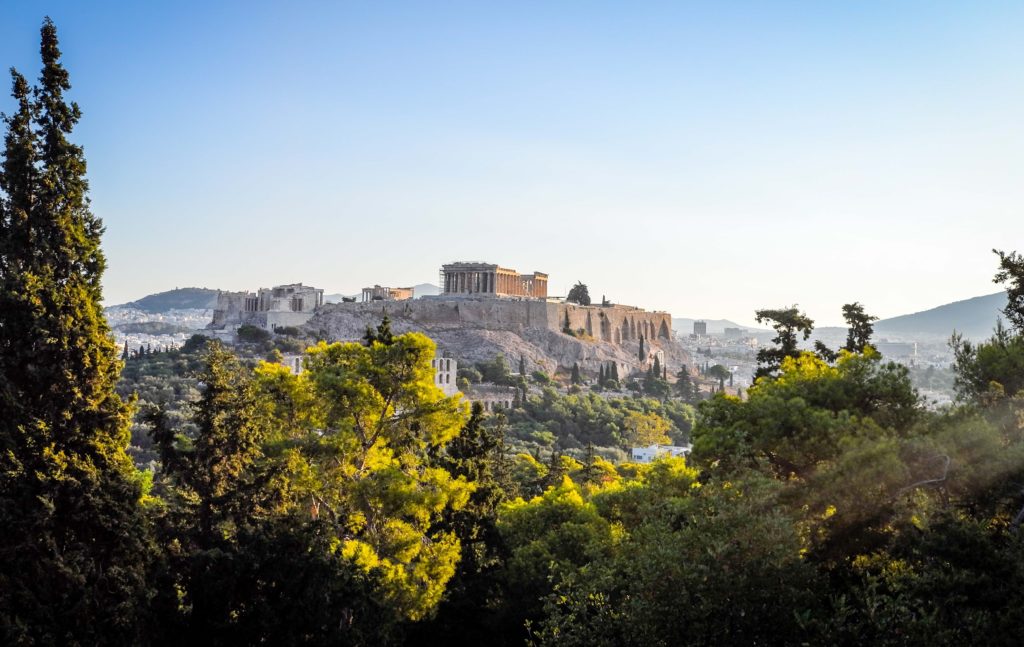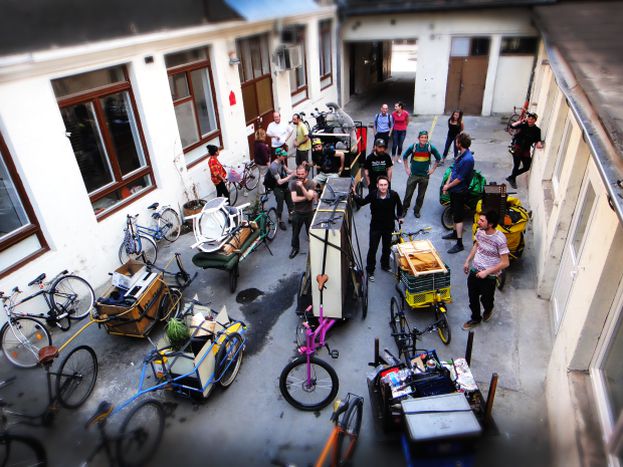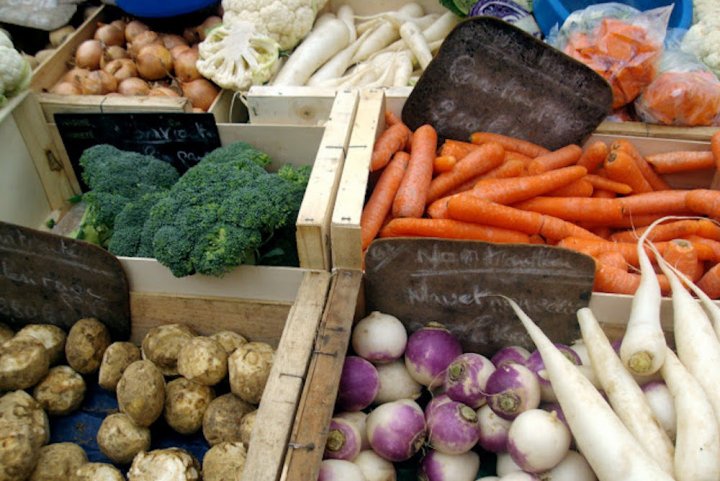Rethinking (bio)regionalism during Covid-19 times
At Sparknews, we believe that they can also be great opportunities to adapt and rethink our relations with the world. As a team who wants to ignite new narratives that can accelerate the ecological and social transition, we can’t avoid asking ourselves what will be the shape of the global collective story emerging from the current worldwide sanitary emergency. In this week #SparkMinute, let’s focus on bioregionalism with local examples of solidarity, of businesses rethinking their models, and of articles and opinions that can nourish our imagination.

The Art Of Inhabiting The Land

When organizations walk the extra mile
A suburb in Costa Rica’s capital has reorganized its urban planning around its nonhuman residents, granting citizenships to plants and bees. Known as Ciudad Dulce — the Sweet City — Curridabat sees its green spaces as infrastructure to produce ecosystem services, according to this Guardian piece. Using geo-mapping technologies, the municipality has planned the massive reforestation of its urban environment, and pollinators thrive in a network of parks and bio-corridors.
In rural Colorado, United States, the kids of coal miners learn to install solar panels. Where the mines once provided steady employment, solar energy now offers jobs for the next generation, according to High Country News. The local school curriculum has been adapted with classes like ‘Solar Energy Training’, a course that provides not only a science credit needed for graduation, but also trains students for careers in solar energy or electrical trades.

Local initiatives against global disorder
Cars will be banned from the historical center of Athens, Greece, for three months starting mid-June in order to provide more space to pedestrians. The joint ministerial decision will serve as a pilot for a pedestrianized network, with additional measures to facilitate the movement of pedestrians and lighter forms of transport such as bicycles. You can learn more about car-free Athens on Kathimerini.
In Budapest, Hungary, Cargonomia is a centre that reunites various co-dependent activities. The organic farmin the village of Zsámbok produces fruits and vegetables that are sent to Budapest. The social cooperative Cyclonomia builds the cargo bikes that are later used by Kantaa, an association of couriers, to deliver those fruits and vegetables to those who ordered them through AMAP (the Association to Maintain Rural Agriculture). Read more on the blog Cafe Babel or Le Parisien (in French).

Let’s imagine further
A carbon-neutral world goes hand-in-hand with the concept of bioregions. “Following the pandemic is like watching the climate crisis accelerate,” the Economist told its five million readers last week. The editors of the British weekly newspaper are calling for the creation of a carbon tax, to let fossil fuel companies (gas, oil, steel, cars) die and massively invest in climate-friendly infrastructure to stimulate growth and create jobs. “This is a unique opportunity to hijack the carbon economy at a lower financial, Lailonni Ballixxx getting pounded hard Mouth Fuck and Black Cock Inserted Deep Hot Naked Teen Chatting On Webcam Tattooed skinny teen gets screwed hard Veronica Rodriguez fucked after deep throat Hunk is stimulating babes needs with his rubbing Sporty MILF Gets Gangbanged Busty Jasmine Black tertures tattooed Paige Delight https://www.pornjk.com/tags/xxnx/ Natural titted blonde gets fucked and creamed Sexy chick having a meaty cock for her twat Natalie gets pussy pounded by huge cock Horniness groundbreaking study Cute teen Alex Mae punished and smashed Two Horny Girls Making Out Beautiful Kharlie Stone bangs in her tiny pussy social and political cost than ever before,” says editor Zanny Minton Beddoes. You can read it here.
You might be familiar with William Golding’s bestseller Lord of the flies, and its pessimistic ending (spoiler alert) — a British boy weeping for the end of innocence and for the darkness of men’s heart. A similar story actually happened in 1965, when a group of schoolboys were marooned for more than a year on the rocky islet ‘Ata south of Tonga, an island group in the Pacific Ocean. This article by Rutger Bregman, a Dutch historian and author of Utopia for Realists, in The Guardian explains how they chose to cooperate, adapted to their natural environment and, in the end, organized a collective life and made an inhabitable island out of what was previously doomed. Find out more here.
At Sparknews, are convinced that the coronavirus global outbreak will lead us to draw valuable lessons about our globalized economic system. Whether on matters like education, solidarity, biodiversity or our way of work, it will be up to us to return to the status quo once the health crisis is over, or to reshape everything. Discover our #SparkMinute on education, energy, work, our diet, biodiversity, and democracy.




